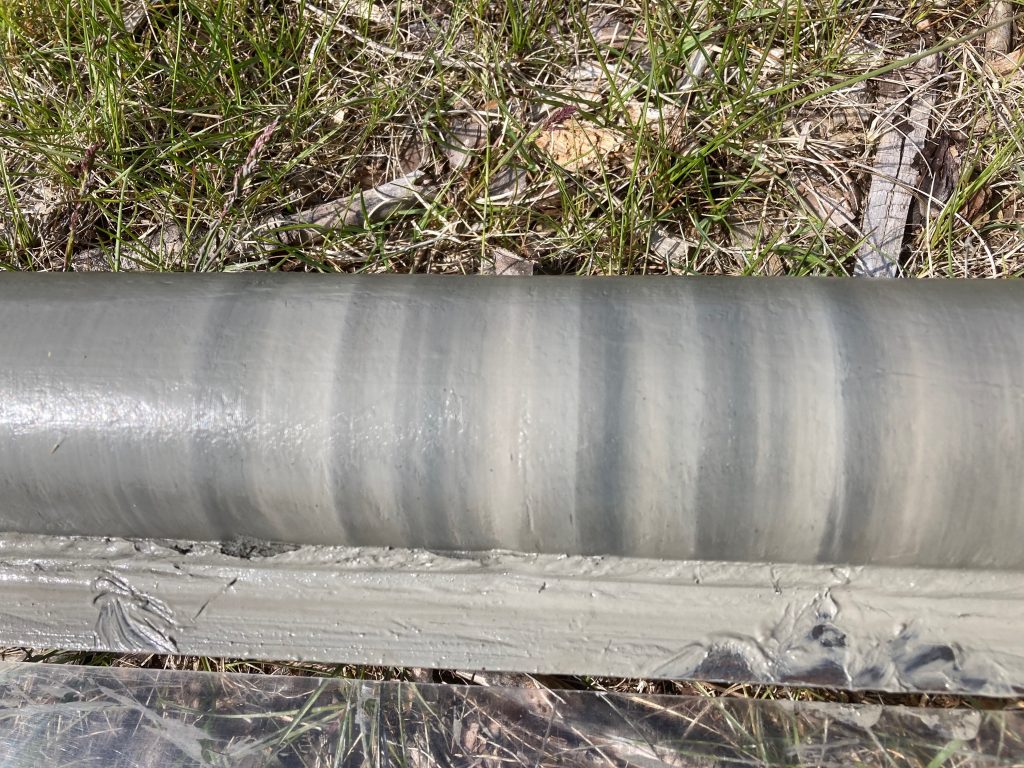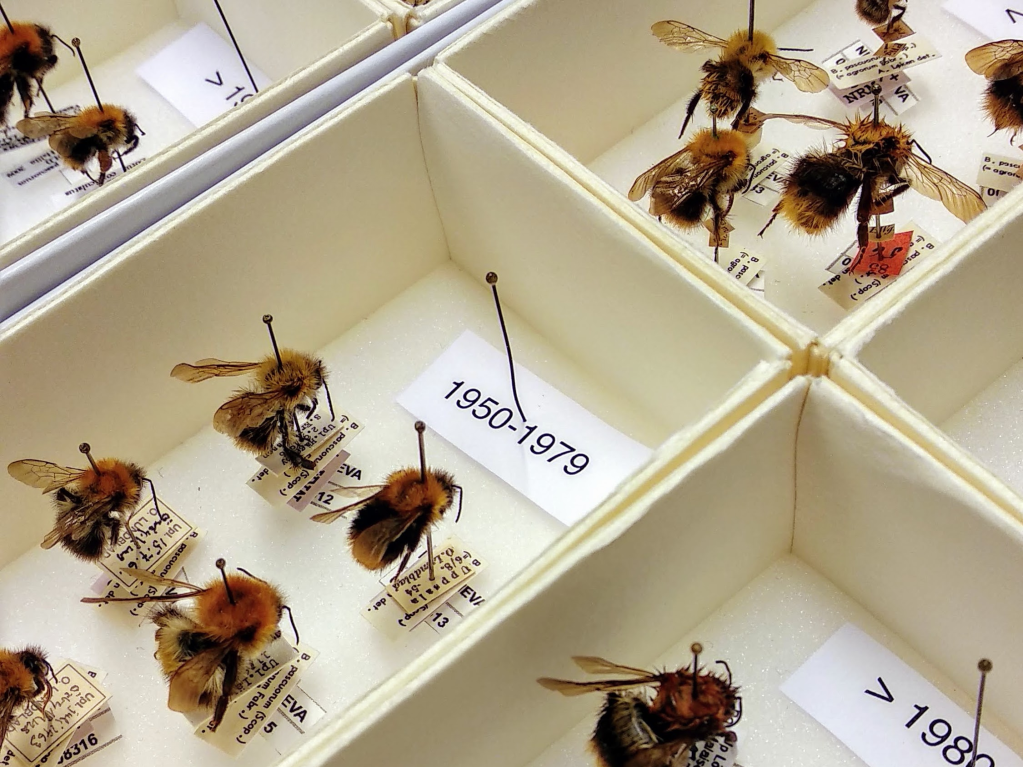
Centre for Palaeogenetics
Investigating the past and expanding knowledge of our current environment through molecular genetic research
Research Groups
Archaeogenomic studies aimed at exploring the demography, evolution and microbiome composition of ancient human populations and societies. Group members
Palaeogenomic reconstruction of evolutionary dynamics in wild animals, impact of past climate change, and microevolution in declining populations. Group members
Palaeogenomic studies on sediments aimed at detecting colonization patterns and reconstruct past environments within an archaeological context. Group members
Studying ecological changes by reconstructing past and present biodiversity using environmental DNA. Group members
Ecology and evolutionary history of populations, species, and communities reconstructed with ancient DNA from bones and sediments. Group members
We use bioinformatic and computational methods to integrate ancient, historical, and modern genomic data into evolutionary, population, and conservation genomics studies. Group members
Archaeogenetic studies aimed at understanding human past, behaviour and disease. Group members
Research Themes
Investigating the evolutionary history and ecology of extinct species, with particular emphasis on tracing the microevolutionary processes leading up to extinctions and exploring to what extent loss of genetic diversity and deleterious mutations contributed to the extinctions. Funded by the Swedish Research Council.
A broad theme where genetics is applied on prehistoric human remains to answer archaeological questions. The questions span from demographic development to kinship in contexts such as cemeteries and multiple burials, phenotypes, and chronologically deeper evolutionary topics. Funded by Riksbankens Jubileumsfond and the Wallenberg Foundation.
Investigating demographic change, gene flow and natural selection during the Pleistocene using serially sampled genomic data, with an emphasis on how Arctic species responded to past environmental change, such as climate fluctuations and the arrival of modern humans. Funded by the Swedish Research Council and FORMAS.
Exploring the microbiome composition in sediments and ancient remains from both humans and wild animals by mining shotgun-sequenced DNA data. The aim is to examine how microbiomes have changed through time and to trace the spread of ancient pathogens. Funded by Funded by NBIS, Riksbankens Jubileumsfond and the Swedish Research Council.
Genomic analyses on endangered species using both modern samples and historical museum specimens, with the aim to aid conservation efforts. Serially sampled genomes are used to examine the timing, rate and extent of genome erosion caused by small population size itself. Funded by FORMAS.
Genomic and metabarcoding analyses of ancient sediments, for example from permafrost, and lake or marine bottoms. Genomic data from such sediments can be used to reconstruct ancient ecosystem composition at different time points, such as plant communities, as well as identifying first appearance and extinction dates of species.
Facilities
The SciLifeLab Ancient DNA Unit (ADU) provides ancient DNA analysis as a service to users. The services are provided on an at-cost basis and projects are processed in order of acceptance. ADU is funded by SciLifeLab, Stockholm University and Uppsala University.







